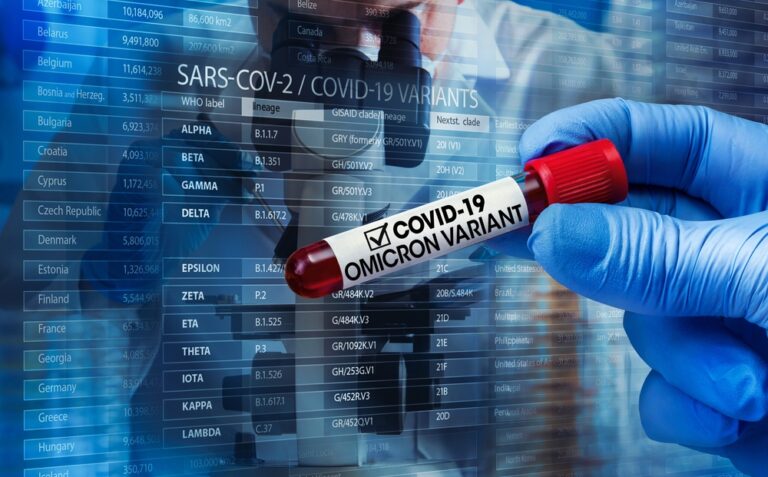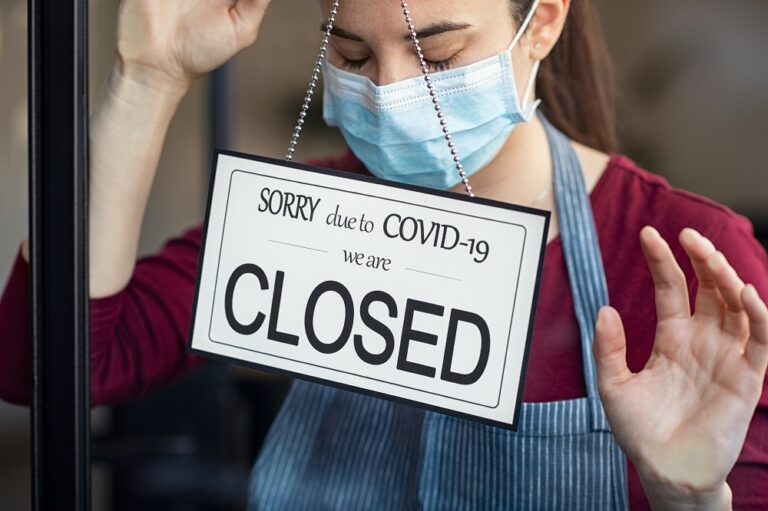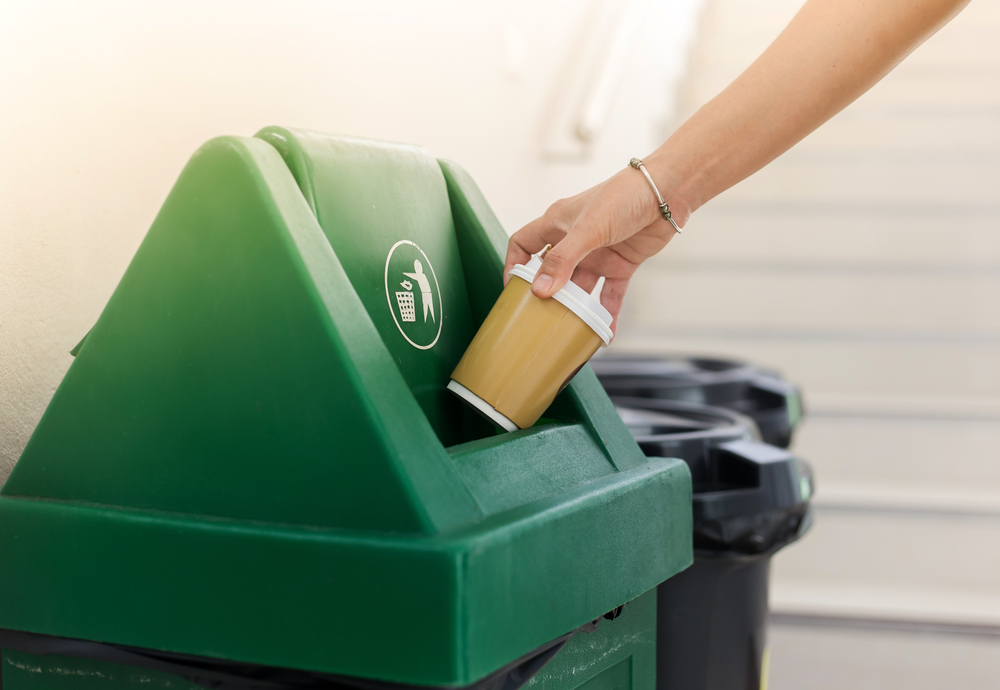
We have to admit that we do not think too much about the things that we put in the trash, right? However, we know that we have to separate the garbage, namely the recyclable items from the food scraps and so on, but many people throw things away that should not be thrown in a trash can for sure.
Therefore, if we want to live in a healthy and unpolluted environment we must take care of the essentials and be responsible. Moreover, you have to take into consideration that not all the things that we want to get rid of are fine to be thrown into a dumpster.
So, you should never throw these things in the garbage! Read on for more!
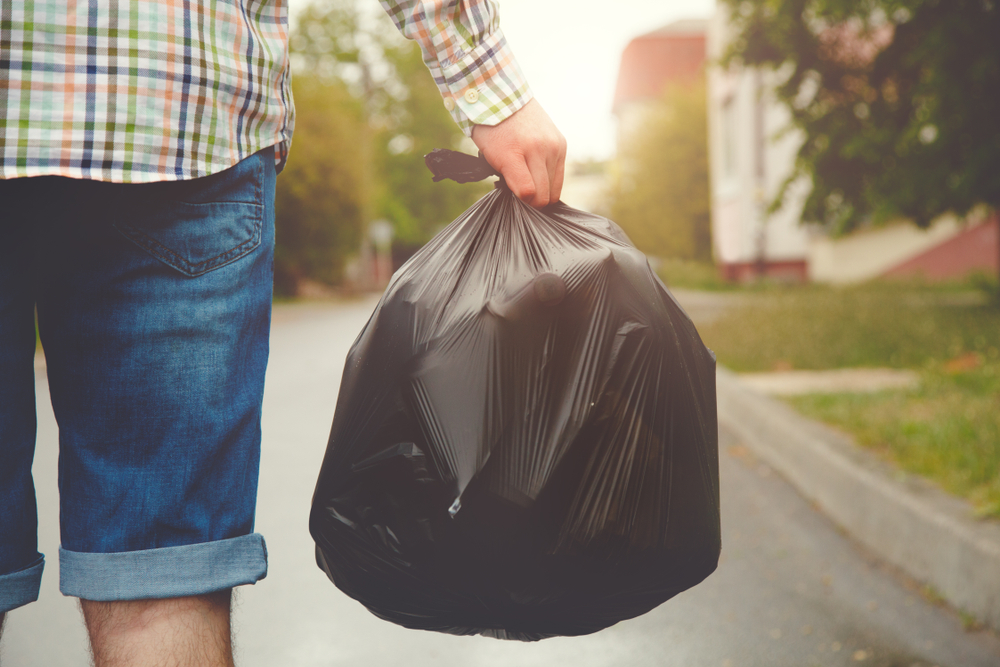
Do not throw leftover household products in the garbage
As you probably know, you should never throw toxic or flammable objects in the trash, ones that can create disasters in certain circumstances, such as products or devices that we no longer need from our home.
“The worst things to throw in the trash are items that fall under the classification of Household Hazardous Waste (HHW. The U.S. Environmental Protection Agency (EPA) classifies these items as leftover household products that can catch fire, react or explode under certain circumstances, or that are corrosive or toxic. Some of the most common household items thrown in the trash that should not be are batteries, paint, fluorescent light bulbs and tubes, and aerosol cans,” said Wade Scheel, Director of GASES.
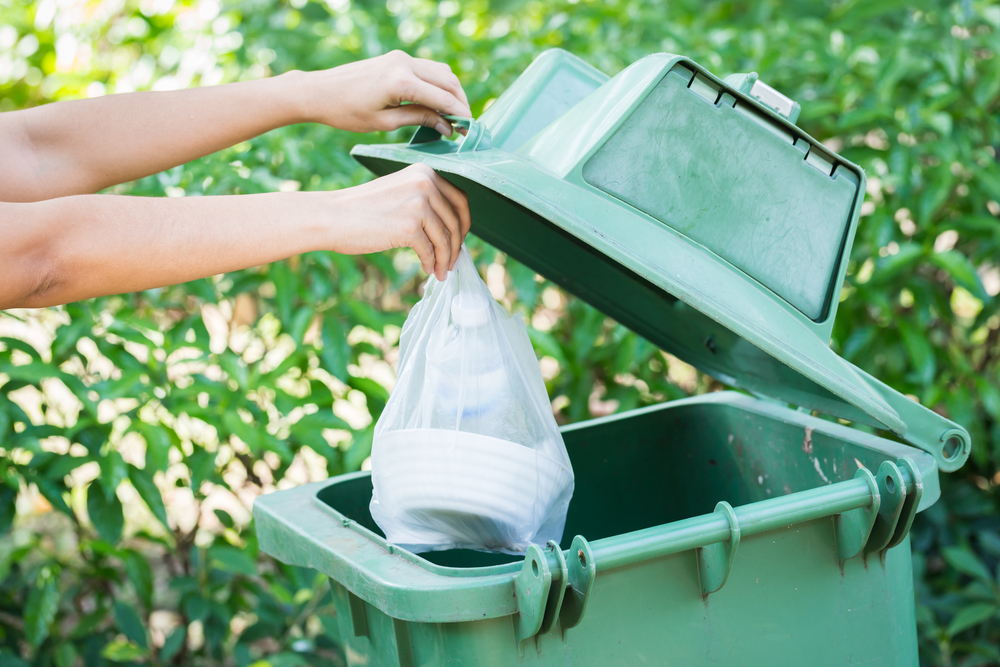
Always be responsible
Of course, there are certain substances or products that we use – but other people do not – and that is why you should pay close attention to the things that you throw in the garbage, especially when they can hurt human beings, animals or plants. So, it is time for us to be responsible for everything that happens around us.
“When not properly disposed of, these substances can leach into the environment. Once this happens, these chemicals have the potential to harm humans, plants, and animals as the toxins contaminate things like the air, ground, and even our drinking water,” said Scheel.

Make a plan and be organized
Well, the truth is that we can’t only buy products that do not contain chemicals or other substances especially when it comes to cleaning products, but we have to be responsible and pay attention to our garbage.
“The proper way to dispose of items that should not be thrown in the trash is to either schedule a home-pickup service or locate a local drop-off facility or event that will properly dispose of that waste for you. According to the EPA, the best way to avoid the risks associated with household hazardous wastes is to properly monitor the use, storage, and disposal of products that contain potentially hazardous substances. [People should educate] themselves on which items cannot be easily thrown away in the garbage and how to properly dispose of these items,” said Scheel.

Do not throw paint buckets in the trash
Another important thing that you have to take into consideration when it comes to your garbage is to pay attention to paint buckets because they are toxic as well.
“Disposing of paint improperly by tossing it in the trash can be harmful to the environment due to the chemicals and toxins within it that can damage both the land and air. Unused or discarded paint can usually be dropped off at participating local paint suppliers, as well as at community non-profit organizations. Local municipalities will be sure to have guidelines for bringing it to your local facility,” explains Chris Batterson, an important manager at Rubicon.
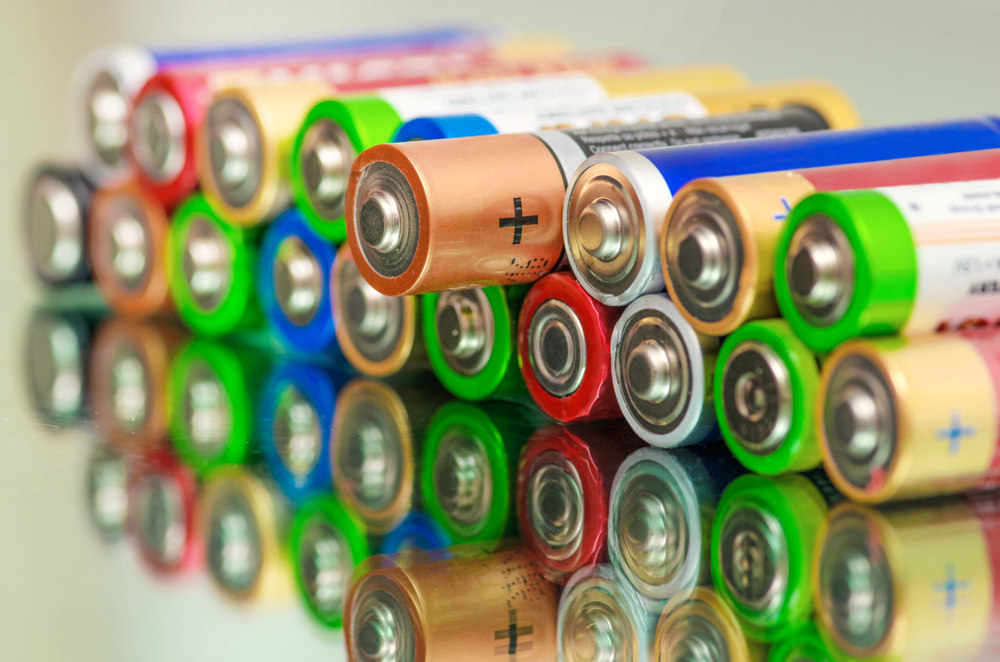
… or batteries!
As you already know, you should never throw batteries in the trash with your other unwanted items, because they need to be recycled, especially because they are toxic.
“Rechargeable batteries are great initially, but when the cycle finally ends, the metals used to make them, including cobalt and lead, can be harmful to the Earth if disposed of improperly. Today, batteries can be dropped off not only at local municipal sites, but some retailers now offer in-store recycling boxes to ensure that batteries are recycled properly,” Batterson said.
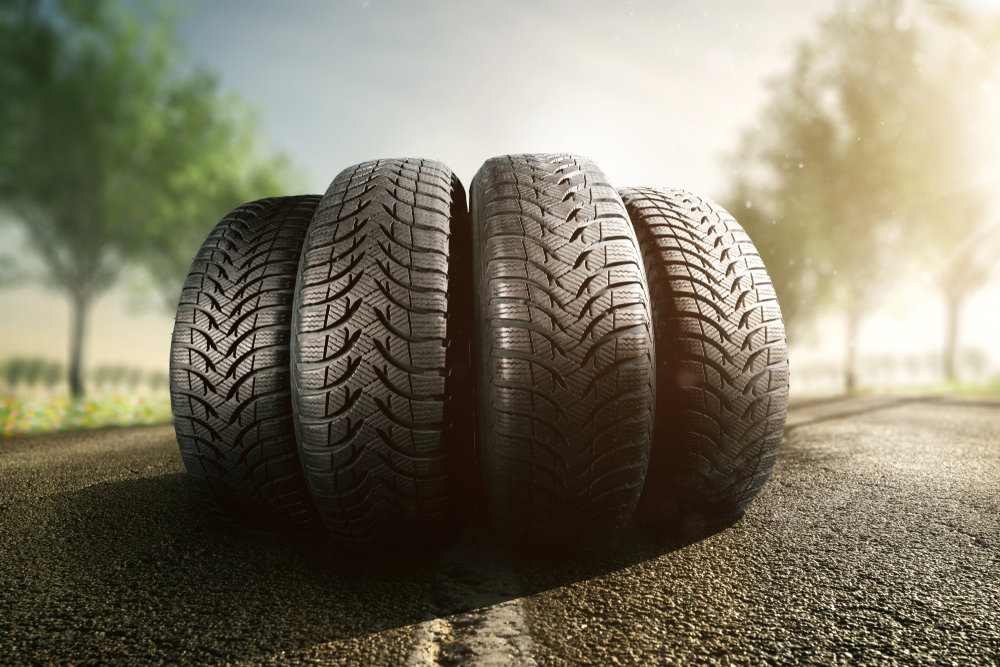
Do not toss your old tires in the trash
Just like other items that should never be thrown in the trash, your old tires are in that category as well. So, you should try to be environmentally friendly and opt for recycling your tires.
“It is important to recycle tires, as there are outlets for them after they’ve fulfilled their initial intended use on a vehicle. Tires can be used for tire-derived fuel, which can be used to help run different types of facilities. They can also be used as a tire-derived aggregate, which can be used for backfill in construction projects or components in road-stabilization projects,” said Meredith Leahy, a manager at Rubicon.
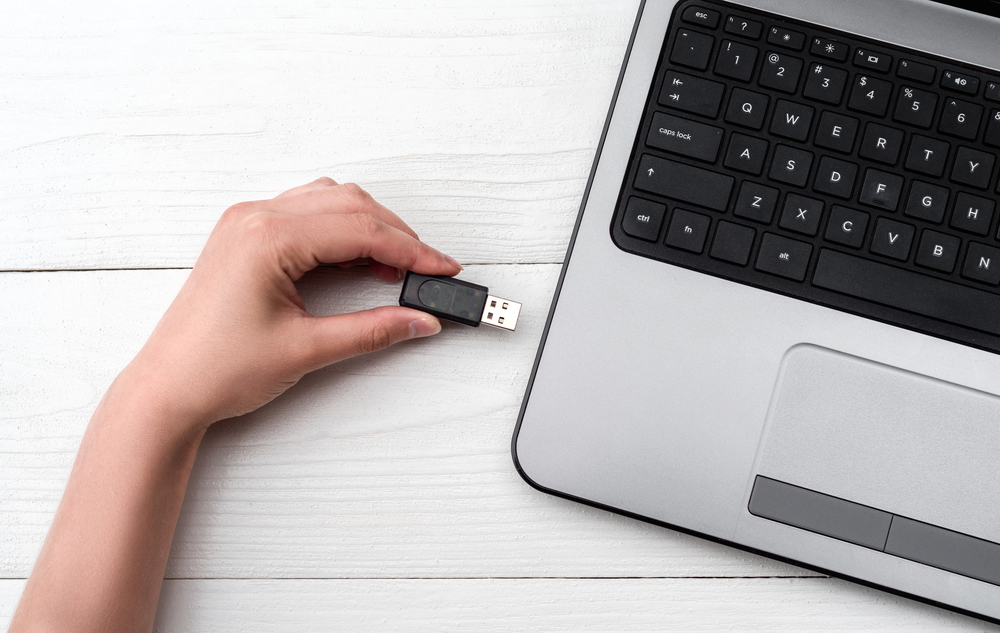
Do not toss your electronic devices
We have to admit that we all have a lot of electronic devices in our homes these days, but it is very important to recycle them when they are no longer working. In addition, there are certain recycling centers that offer money or other benefits to people who want to recycle these devices.
“Electronic waste or e-waste needs to be handled by a certified vendor to ensure both safe recycling and destruction of electronics, as well as the security of the information on these machines. Most municipalities will have designated e-waste drop-off locations. Businesses with more of a bulk drop-off can rely on a network of specialized vendors and facilities with the proper certifications to handle and ensure recycling of the material,” said Leahy.
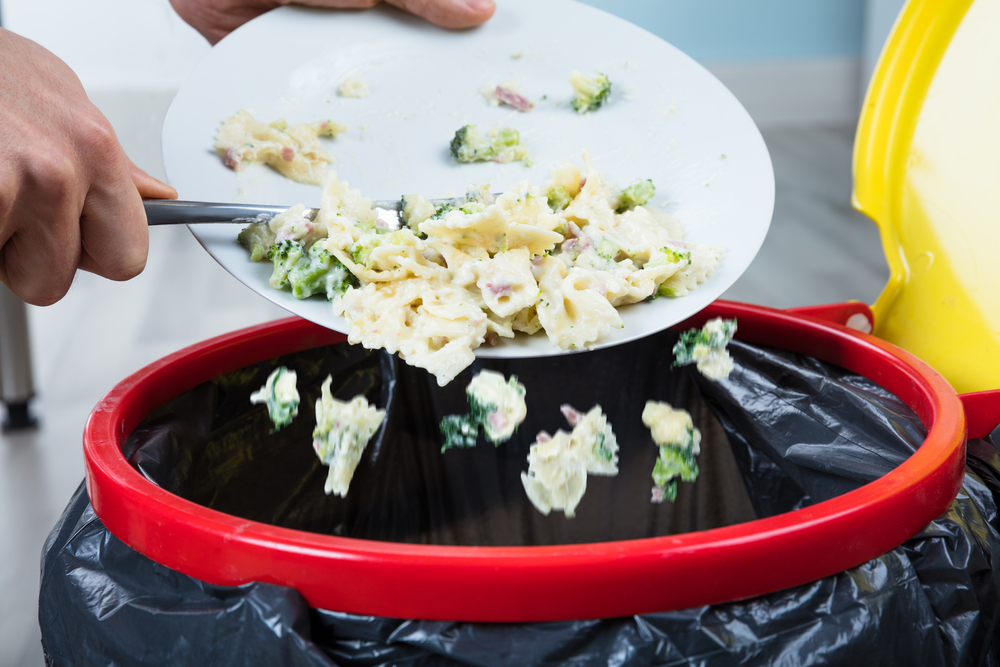
Do not throw food scraps in the trash
Well, even if everyone has a trash bin specially designed for food scraps, you should know that food should not be thrown away but turned into comestibles for animals or other things that are useful and beneficial to the environment.
“Food scraps should not be sent to the landfill, because in that environment, they generate methane, which is a potent greenhouse gas. These materials should be diverted from the landfill and converted into valuable resources such as animal feed, renewable natural gas, fuel, electricity, and compost,” said Ryan Cooper, a manager at Rubicon.
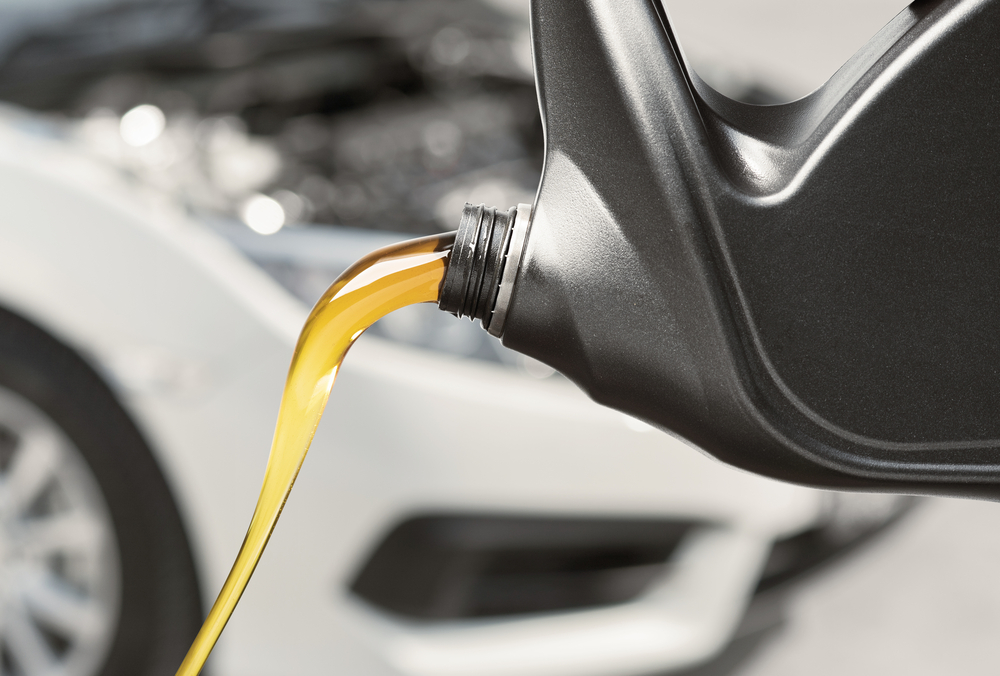
Do not forget about vehicle oil or fuel
Motor oil should not be thrown away because it can seriously affect the environment and plants, but also people who come in contact with it. So try to recycle it because there are a lot of car services that can offer money or other discount coupons for it.
“Motor oil shouldn’t be placed into the regular trash, as doing so could cause it to leak into the groundwater. Many automotive parts or repair shops that sell motor oil will often take it back for recycling. You will need to inquire at each store before visiting one of these shops,” said Leahy.
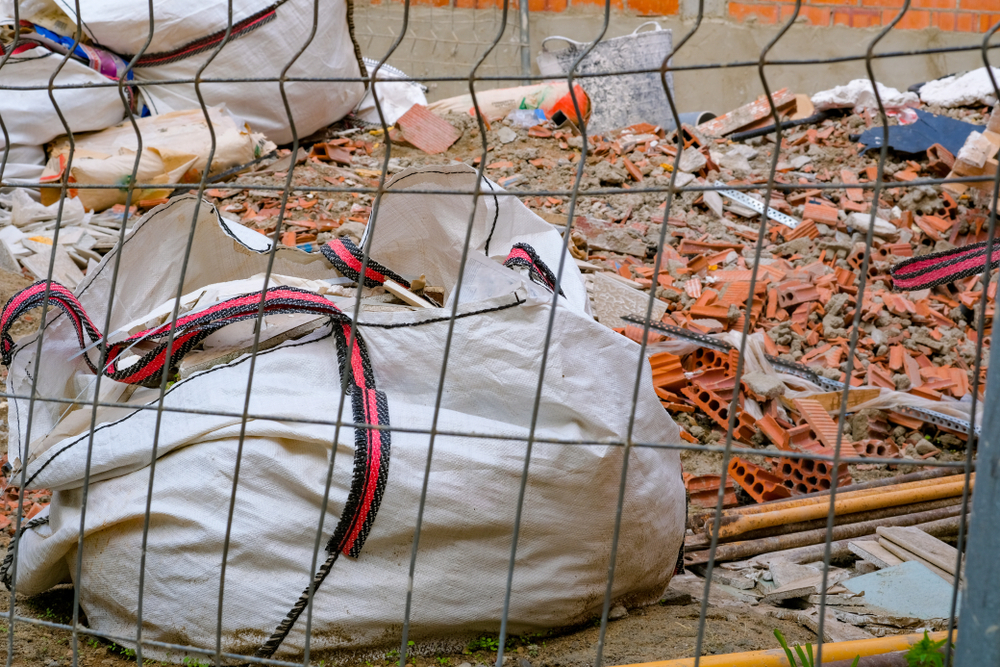
Do not throw away construction remains
You should know that construction remains should not be disposed of. These materials must be stored in specially designated places and people who are able to do this task will take care of recycling it. Moreover, if you do not know what the recycling points are, then you can take advantage of the services of a professional who can help you.
“Concrete is quite possibly the single easiest material to find a recycling home for, and the life span of recycled concrete can fall into the hundreds of years. The EPA estimates that the amount of C&D debris generated is more than double the amount of standard solid waste. Finding alternative outlets for materials for reuse, repurposing, or recycling is even more critical in this space to have the greatest impact on reducing the overall amount of landfill space in use,” explains Batterson.










